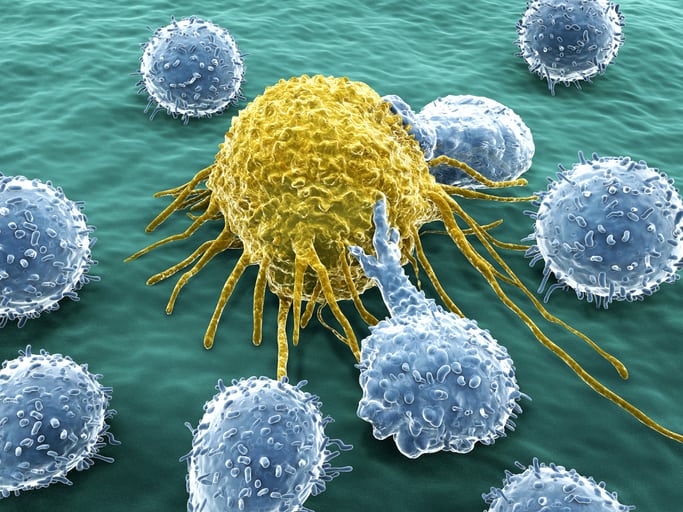Haploidentical hematopoietic stem cell transplantation (h-HSCT) represents an efficient curative approach for patients affected by hematologic malignancies in which the reduced intensity conditioning induces a state of immunologic tolerance between donor and recipient. However, opportunistic viral infections greatly affect h-HSCT clinical outcomes. Natural Killer (NK) cells are the first lymphocytes recovering after transplant and provide a prompt defense against human Cytomegalovirus (HCMV) infection/reactivation. By undertaking a longitudinal single cell computational profiling of multiparametric flow cytometry, we show that HCMV accelerates NK cell immune-reconstitution together with the expansion of CD158b1b2jpos/NKG2Aneg/NKG2Cpos/NKp30low NK cells. The frequency of this subset correlates with HCMV viremia, further increases in recipients experiencing multiple episodes of viral reactivations and persists for months after the infection. The transcriptional profile of FACS-sorted CD158b1b2jpos NK cells confirmed the ability of HCMV to de-regulate NKG2C, NKG2A and NKp30 gene expression, thus inducing the expansion of NK cells with adaptive traits. These NK cells are characterized by the down-modulation of several gene pathways associated with cell migration, cell-cycle, effector-functions and by a state of metabolic/cellular exhaustion. This profile reflects the functional impairments of adaptive NK cells to produce IFN-γ, a phenomenon also due to the viral-induced expression of LAG-3 and PD-1 checkpoint-inhibitors.
Single-cell profiling identifies impaired adaptive NK cells expanded after HCMV reactivation in haploidentical-HSCT.


